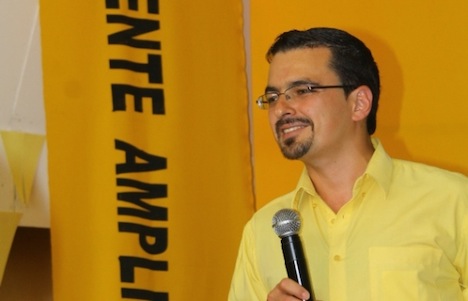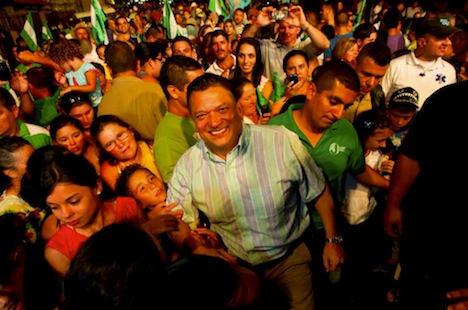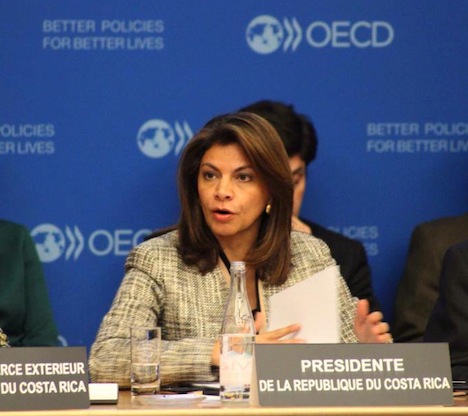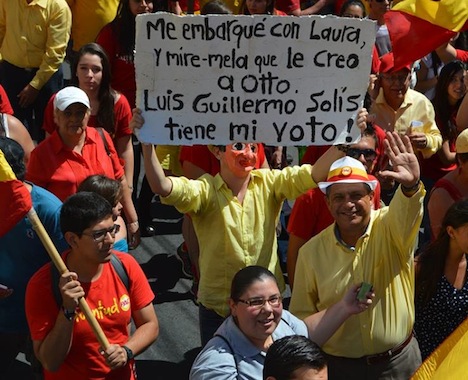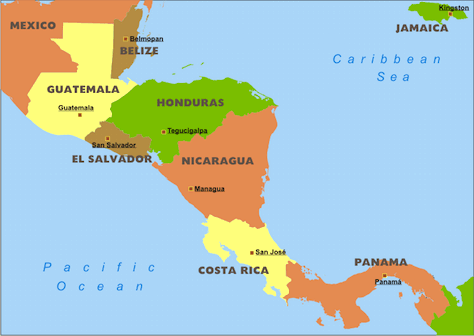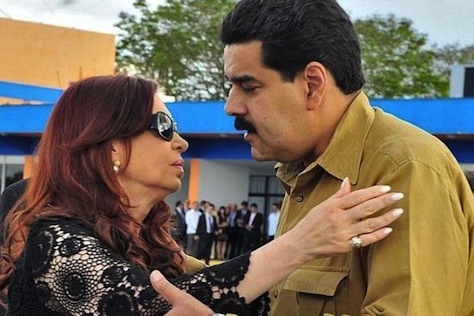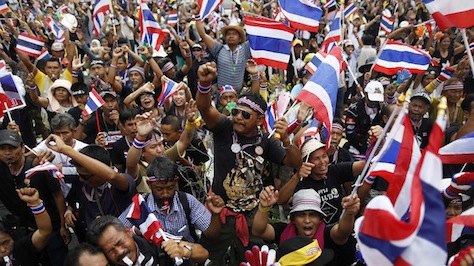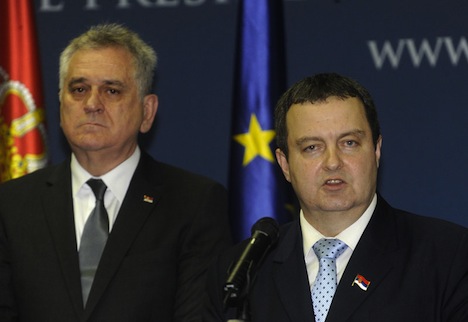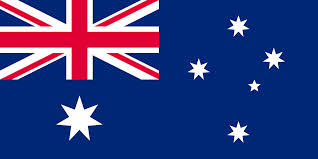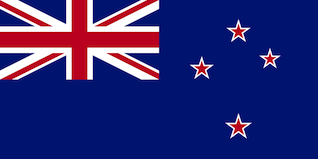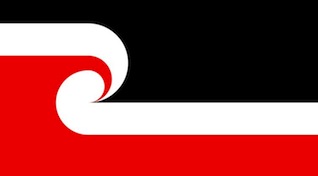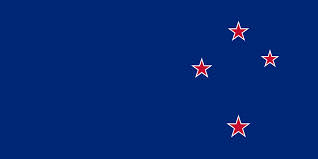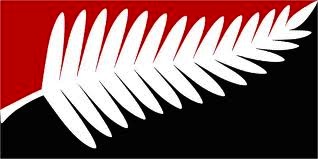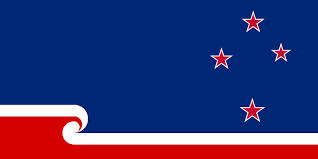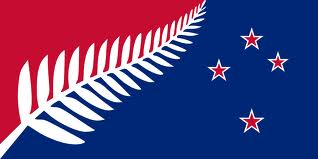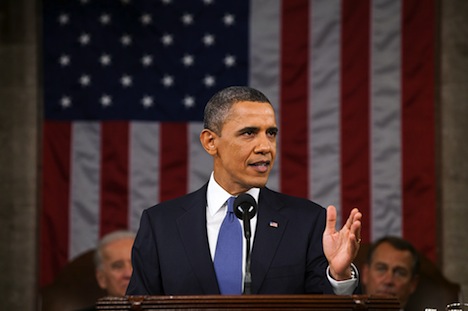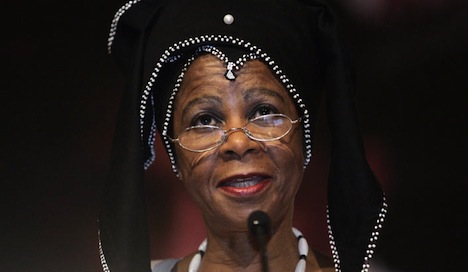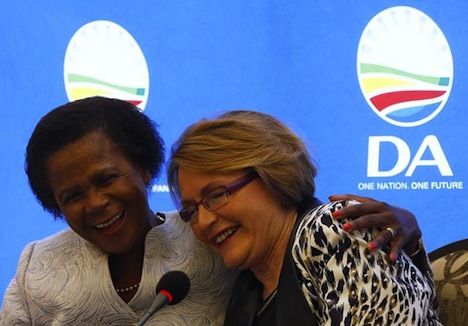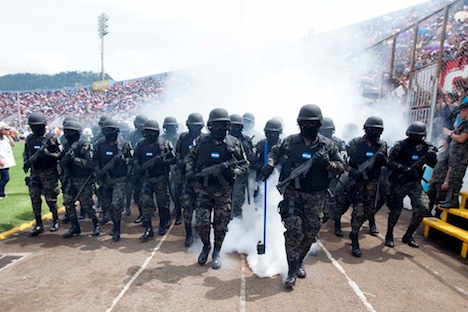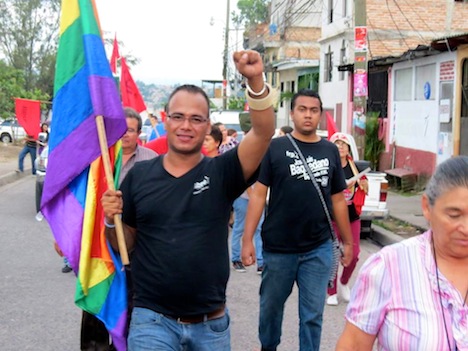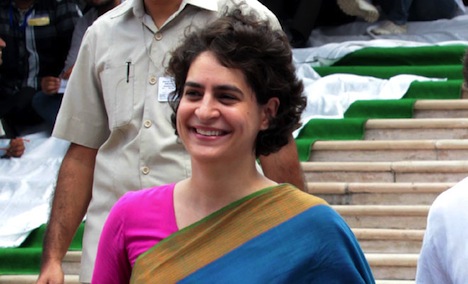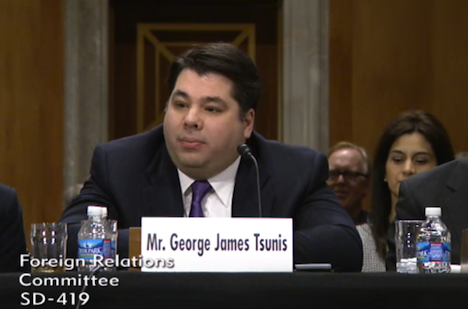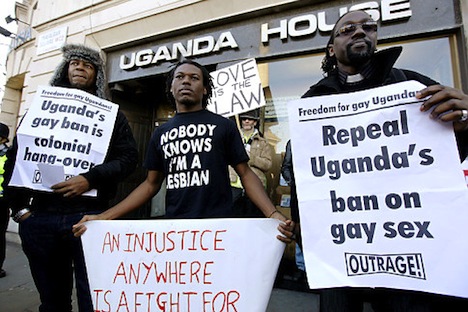Not so long ago, the Costa Rican presidency was Johnny Araya’s to lose.![]()
But as Costa Rica holds a general election on February 2 to pick a new president and all 57 members of its Asamblea Legislativa (Legislative Assembly), Araya is on the defensive and may find himself in a runoff against an upstart progressive candidate, José María Villalta (pictured above).
Araya (pictured above), the mayor of San José since 1998, the candidate of the relatively dominant center-left Partido Liberación Nacional (PLN, National Liberation Party) and the nephew of former president Luis Alberto Monge, led polls throughout 2013.
There were always reasons to believe that lead was soft, in light of the massive unpopularity of outgoing president Laura Chinchilla (pictured above), who late last year has a 12% approval rating, making Chinchilla, according to pollster Mitofsky, the least popular leader in Latin America. Elected in 2006 to great fanfare and high expectations as the country’s first female president, Chinchilla has struggled to contain Costa Rica’s exploding public debt, which grew from 30.7% of GDP in 2011 to 35.3% in 2012. Fifteen ministers have resigned during her administration following corruption and other scandals, and Chinchilla last May hit rock-bottom when she accepted jet rides from a Colombian businessman with suspected drug trafficking links. Furthermore, Araya’s two-decade record as mayor of Costa Rica’s capital, including ongoing investigations for corruption, provided his opponents with ample ammunition. Araya has also struggled at times to respond to critics about how he could lead a government that commands the trust of the electorate.
Despite those headwinds, Araya had hope to believe that he would win the PLN’s third consecutive presidential term, given the near-complete collapse of Costa Rica’s traditional center-right party of the past three decades, the Partido de Unidad Socialcristiana (PUSC, Social Christian Unity Party). Though it held the presidency three times between 1990 and 2006, its parliamentary caucus shrunk from 27 in 1998 to just six today, and its presidential candidates in 2006 and 2010 failed win more than 4% of the national vote. When former presidents Rafael Ángel Calderón Fournier and Miguel Ángel Rodríguez were convicted and imprisoned on corruption charges stemming from PUSC’s time in power, it massively discredited the party.
But the PUSC’s troubles have only worsened in the campaign leading up to Sunday’s vote. PUSC’s presidential candidate Rodolfo Hernández dropped out of the race, blasting his own party’s record on corruption along the way. That Hernández dropped out on October 3, changed his mind two days later, and left the race again on October 9 only made the PUSC’s chances worse. The PUSC hastily named Rodolfo Piza, the former head of Costa Rica’s social security system, who previously contested the PUSC primary for the presidential nomination in May 2013, as its nominee instead.
Support for three other candidates now threaten to deny Araya the 40% support he needs to win the election outright on Sunday, leading to a runoff between the top two candidates, likely on April 6. It would be just the second time in Costa Rican history that the presidential race requires a runoff (the first was in 2002).
The strongest challenger is the 36-year-old Villalta, whose popularity surged dramatically last autumn. He’s the candidate (and currently the sole parliamentary member) for the Frente Amplio (Broad Front), a relatively new social democratic party that has figured minutely in Costa Rican politics — until now.
A brash, confident leftist, Villalta has embraced a campaign heavy on human rights for an agenda to boost environmental regulations, enact same-sex marriage, and enact more progressive economic policies at odds with the broadly free-market policies that have dominated both PUSC and PLN administrations over the past three decades. But his youth and his rapid rise in Costa Rican politics have kept some voters from fully embracing his candidacy. Though he’s not a communist as his opponents have charged, words of solidarity with the late Venezuelan president Hugo Chávez have not helped convince voters that Villalta is moderate enough to govern Costa Rica effectively. He received some ridicule in the final presidential debate for suggesting a tax on sodas and other junk food, including chifrijo, a Costa Rican bar food that combines rice, beans, chicharrón (pork) and chimichurri.
The strongest candidate on the right is Otto Guevara (pictured above), who’s making his fourth consecutive presidential bid. Guevara, an attorney, founded the conservative Movimiento Libertario (ML, Libertarian Movement), in 1994 as an anti-corruption party championing free-market liberalism and greater individual rights. First elected as a legislator in 1998, Guevara has won increasing amounts of support in each election — 1.7% in 2002, 8.4% in 2006 and 20% in 2010. Guevara has taken a strong social conservative stand in the current campaign, especially against abortion and same-sex marriage. He’s benefitted from the collapse of the PUSC and, though he seems unlikely to make it into the second round, polls show that he could win the presidency in a runoff against either Araya or Villalta.
If Villalta had the momentum through the end of 2013, yet another center-left candidate seems to have captured that momentum as the campaign ends — Luis Guillermo Solís, an academic, diplomat and one-time adviser to former president Óscar Arias on the Esquipulas Peace Agreement that helped bring an end to the ideology-based civil wars that plagued much of Central America in the 1980s. Ariás, who won the Nobel Peace Prize in 1987 for his efforts, has served twice as Costa Rica’s president, from 1986 to 1990 and again from 2006 to 2010, and he remains one of the region’s most respected statesmen. Solís (pictured above) left the PLN in 2005, however, and he’s running on a solidly center-left platform to improve the country’s health care and pension system and reduce corruption. Solís has sharply criticized both Chinchilla and Araya throughout the campaign and, as a more moderate center-left alternative to Araya, Solís may be winning voters who are having second thoughts about catapulting the more radical (and younger) Villalta to the presidency.
Solís represents the Partido Acción Ciudadana (PAC, Citizen’s Action Party), another social democratic party founded in 2000 by Ottón Solís (no relation) that emerged as an anti-corruption alternative to the PLN that, like the Broad Front, is more skeptical of the PLN/PUSC adherence to neoliberal policies. The PAC, for example, opposed Costa Rica’s membership in the US-Central American Free Trade Agreement. Ottón Solís ran for president in the previous three elections, and he nearly defeated the seemingly unstoppable Arias in the 2006 election.
The final CID-Gallup poll released January 28 showed Araya holding onto a 35.6% lead, followed by Villalta with 21.0%, Guevara with 17.6%, Solís with 15.6% and Piza at just 6.5%, with other candidates winning just 3.6%. Those numbers represent a narrow drop for both Araya and Guevara, but it’s a bit of a sharper drop for Villalta, who was pollign in the mid-20s and high-20s earlier this month and in December. Villalta’s loss has been Solís’s gain. Continue reading Upstart leftist challenges Araya dominance in Costa Rican vote
